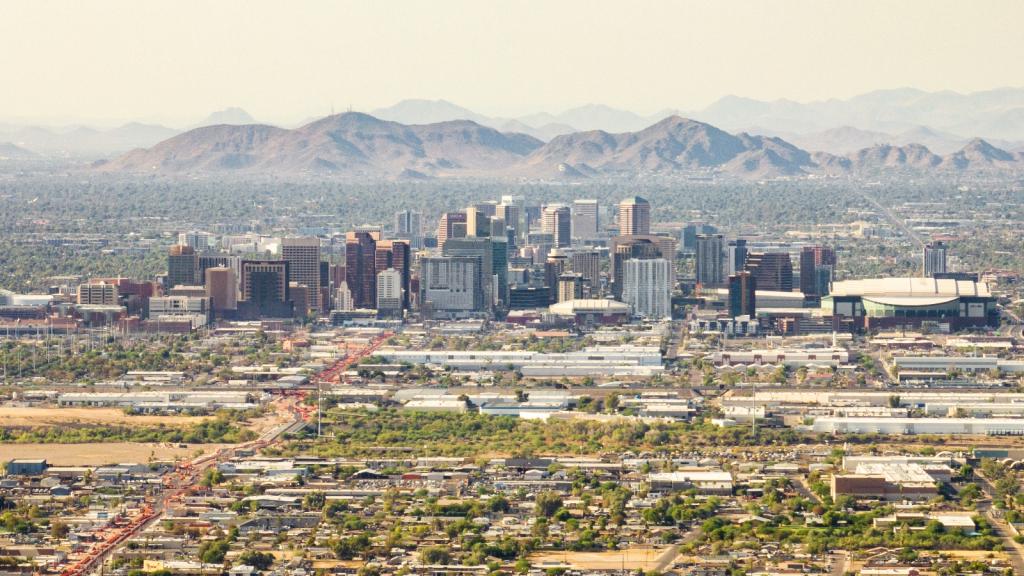Over the past few years, the U.S. electricity grid has begun a massive, underappreciated, and largely unintentional transition away from coal to natural gas. Because nobody decided on a shift to gas, or directed such a shift, many people have mistaken the transition for the outcome of a “free market.” It’s an easy mistake to make, since electricity markets do bear some superficial resemblance to competitive markets; we have spot prices, liquid markets, and no central planner telling us what to do.
However, the shifting power mix derives much more from regulatory choices than from markets. (For that reason, future allocation decisions are much more predictable than we might care to admit.) Moreover, we can reasonably assume that these extra-market forces will continue to play a critical role in asset deployment.
That stands in direct contrast to many of the claims of free-market advocates who assert that the current grid mix is a response to the deregulation of the 1990s. I’ll address that in my next post, but first I want to address the core contradiction at the heart of “free electricity markets.”
First off, I should be clear: further deregulation of electricity markets is a good and necessary thing. It remains far too difficult for electricity consumers and (unregulated) producers to independently enter into contracts with one another, and far too many of the services needed to ensure reliable, clean energy supplies are paid for via cross-subsidization rather than direct pricing. It’s also worth noting that “deregulation” is not a synonym for “anarchy.” Market oversight, contract law, and consumer protection agencies are all critical features of a competitive market.
However, full and total deregulation of electricity markets is probably impossible, and certainly amoral.
Consider, first, that the “last mile” of the distribution grid is never going to be subject to competition. Someone needs to pay for the construction and maintenance of that grid in response to shifting patterns of generation and demand, but it can never be subject to competitive discipline. Setting aside the question of whether we want to have a spiderweb of competing wires, an existing distribution infrastructure is a near-insurmountable barrier to market entry. As a practical matter, that means that a big chunk of the system must secure investment and be operated independently of market forces.
Beyond the practical problems, though, consider the moral choices implicit in a truly competitive market. If supply and demand are the only determinants of price, then economic signals can curtail supply — Apple is under no obligation to sell you an iPod at a price you can afford. But few Americans would tolerate a world where hospitals could have their electricity curtailed when prices rise, nor one in which rural customers are forced to choose between relocation and electricity access.
As long as we find those possibilities morally objectionable, we have to accept that our electric system will include supply mandates, price caps, and centralized decisionmaking, which are inevitably in tension with perfectly efficient market operation.
That’s economically troubling, but it’s worth noting that the same challenges apply to lots of other public services. Neither the police force nor the highway department would be more efficient if they were forced to fund their operations out of revenue from competitively provided services. That’s not to say those agencies aren’t prone to waste and inefficiency — just that a market wouldn’t necessarily represent a better alternative.
The distinction is that the police and highway departments have never been run as for-profit enterprises, while the electric grid has. So the problem is not that the electricity grid would be improved if fully deregulated, but rather that parts of the electric system warrant full deregulation, while other parts would be better suited to fully regulated economic models.
For example, I have never heard a good reason why profit-seeking behavior by regulated monopolies leads to anything other than economic rents, raising the total cost of power. The ability to seek uncapped profits in fully competitive markets where failure leads to insolvency is a good thing — but only if failure is punished.
So we should continue our quest for market efficiency in electric markets. But we should also accept that certain parts of the system are never going to be subject to market forces; a certain level of inefficiency is inevitable. The mix of assets on the grid at any given time will always reflect a combination of market and regulatory forces, and some degree of dumb investment will always result. When that happens, we should try to fix the underlying regulatory problem — and never tolerate the lazy economist who confuses the existence of markets with their perfection.



